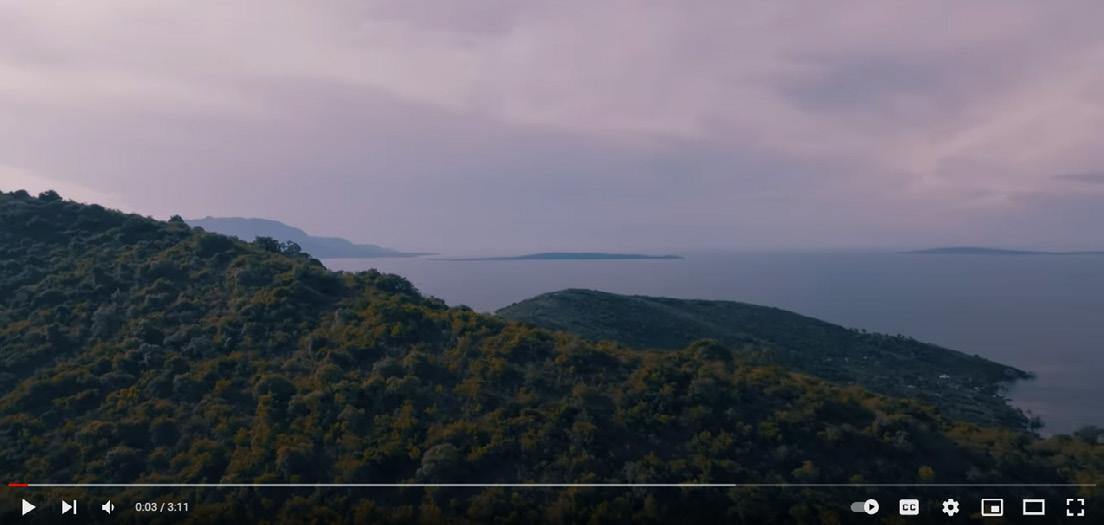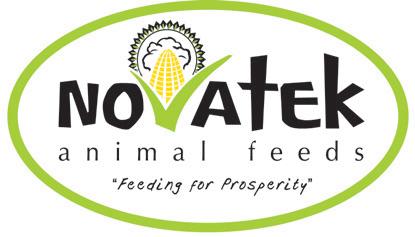Fastest-Growing Fish Farm Is Far from Floundering







Based in rural Roo, Homa Bay, Kenya, just seven years since its founding, Victory Farms is already the largest producer of fish in East Africa and is now on a mission to feed two billion Africans and provide affordable, accessible, and healthy protein to people across the land.

Established in 2015 with its base near Lake Victoria, Kenya, Victory Farms is already subSaharan Africa’s fastest growing fish farm and specialises in the supply of tilapia to the Kenyan market, with a production capacity of 10,000 metric tonnes. The company is, in turn, vertically integrated with breeding facilities and a sales depot in Nairobi.
Having been incepted against a backdrop of rapidly declining wild fish catch in Lake Victoria, increasing demand for protein and high levels of undernourishment, Victory Farm now uses the very best global aquaculture practices to deliver healthy and fresh tilapia into low-income Kenyan neighbourhoods daily. Several small business and entrepreneurs
PRODUCTION: Jamie Waters
to AFN. “The traditional way of doing aquaculture is also very inefficient and that’s the way that’s practiced almost everywhere in Kenya and East Africa.
“We saw an opportunity to build an end-to-end protein platform,” he adds by way of resolution. “It’s really a science-driven and tech-enabled platform significantly disrupting traditional businesses through the use of technology.” Identifying the high, but unmet, demand for fish in the East African market and deficit being filled by Chinese-sourced fish of varying quality, Rehmann and co-founder Steve Moran set out to produce quality tilapia to supply across Kenya and subsequently expand to other East African countries.

carbon neutral fish farm, as it sets about building commercial tilapia farms that can provide affordable, accessible and healthy protein to millions of people in East Africa.

According to the United Nation’s Food & Agriculture Organization (FAO) fish feeds over 200 million Africans, and in most regions of the continent, with East Africa a prime example, supply annually falls short of demand - primarily because fishing rates are unsustainable.
A study published in the Marine Ecology Progress Series Journal reveals that fish stocks along the coast of East Africa are depleting at an alarming rate, with 70% of the reefs below sustainable levels.
Victory Farms reveals a 90% decline in tilapia, the most popular freshwater fish, as the human population surges and unsustainable fishing practices abound. “The problem is the wild catch cannot keep up and it isn’t going to bounce back, at least not for a long time,” explained Joseph Rehmann, CEO and co-founder of Victory Farms,
In recognition of the efficacy of its combination of indoor fish farming, on-base farming and lake farming using deep-water cages in the provision of a consistent supply of fish, Victory farms last year raised $5 million in equity funding to expand its operations into Rwanda, Tanzania and the Democratic Republic of Congo (DRC).
The round, led by two angels - MD of Bain Capital Ed Brakeman and Hans den Bieman, Director of Sealand Aquaculture - came after the commercial fish farm secured a mezzanine debt investment from the ag-focused social impact investor AgDevCo in 2021, and from private equity firm DOB Equity in 2020. Then, in April this year, Victory Farms successfully completed a $35 million Series B round, to not only fund the expansion of its operations in Kenya and Rwanda, but pave the way for potential entry into Ethiopia, Uganda, and Tanzania, too with its climatesmart, profitable, scalable solution to Africa’s nutritional security challenges.
“Our regional growth will expand access to a healthy and nutritious protein alternative for Africa’s mass consumer,” Victory Farms enthused. With tilapia being the most environmentally and financially efficient protein solution for Africa, investment of this kind in sustainable African aquaculture is
Novatek Animal Feeds is the largest animal feed producer in Zambia and has been in operation since 2008. With two production facilities, one located in the capital city Lusaka and the other on the Copperbelt Province, Mpongwe, Novatek is strategically located with a large retail and distribution network to serve farmers all over Zambia. Novatek strive to be the leading supplier of technologically advanced animal feed products in Zambia and is also the only feed producer with an ISO 22 000 Food Safety Management System Certification.

Novatek Animal Feeds Zambia produces a variety of fish feeds products that ranges from hatchery to out-grower feeds and includes crumbles and pellets for both ponds and cage systems. We supply fish feeds to most of the southern African countries and East Africa such as Kenya at Victory Farms, Rwanda, Uganda, Congo DR and Tanzania.
We are also commencing delivery of our fish feeds into West Africa, especially for the Catfish to be accompanied by Tilapia. Our fish feeds are certified under DQS Quality Systems and ISO 22 000.

central to reducing reliance on imports and delivering food to millions, all while supporting local agriculture industry.
At the outset of the freshly-founded company some eight years ago, the decision was taken to create a pipeline of qualified workers for their fish business in Homa Bay County. “The aquaculture industry was small and couldn’t provide a big talent pool of trained professionals. We had to focus on training first,” Rehmann expounds. “Pioneering was the hardest part.”
To fulfil the demands of a business which involves fish feed production, breeding, hatchery, processing, cold chain distribution and retail, the founders instituted a college hire programme called Graduate Aquaculture for Learning
and Training (GALT); it has already, to date, seen 40 trainees graduate, half of whom now work at Victory Farms in a true vindication of the training investment. “They are the future of aquaculture in East Africa,” Rehmann proudly announces.

With the founding duo bringing decades of experience of business and aquaculture acumen and technical skills, the company’s staunch dedication to upskilling its workforce and having now mastered the art of fundraising, over the years the business has grown from the 100 tonnes of fish it was producing to, in 2022, 7,000 tonnes and 10,000 tonnes expected this year; the plan is to use the recent funding to further scale Kenya’s production capacity to 20,000 tonnes annually.
“Kenya has the opportunity to be the world leader in tilapia
production,” Rehmann goes on, “and our fundraising enables us to deploy capital into research and development to understand how to substitute foreign feed ingredients with local ingredients which has a massive multiplier effect on job creation.”
“We are also exploring investment opportunities in Uganda, Tanzania and Ethiopia for the next few years,” Rehamnn rounds off, and while there may be plenty of other fish in the fiercely competitive Kenyan fish farming sea, Victory Farms, listed among the top 100 SMEs in Kenya by Business Daily and KPMG in 2022, looks set to enjoy top billing for the foreseeable.
Published by CMB Media Group Chris Bolderstone – General Manager chris@cmb-media.co.uk Kiln House, Fuel Studios, Pottergate, Norwich NR2 1DX

T. +44 (0) 1603 855 161




E. info@cmb-media.co.uk www.cmb-media.co.uk
CMB Media Group does not accept responsibility for omissions or errors. The points of view expressed in articles by attributing writers and/ or in advertisements included in this magazine do not necessarily represent those of the publisher. Any resemblance to real persons, living or dead is purely coincidental. Whilst every effort is made to ensure the accuracy of the information contained within this magazine, no legal responsibility will be accepted by the publishers for loss arising from use of information published. All rights reserved. No part of this publication may be reproduced or stored in a retrievable system or transmitted in any form or by any means without the prior written consent of the publisher. © CMB Media Group Ltd 2023
